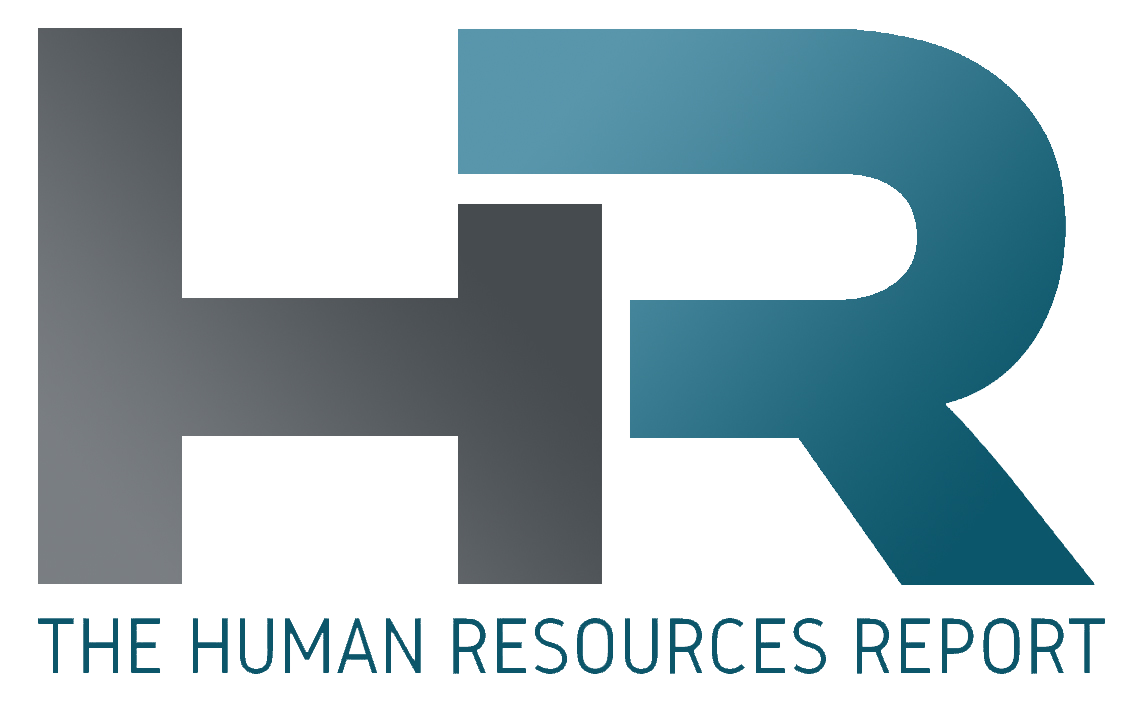resources
See All
×

This Website Uses Cookies
We use cookies to improve your experience on our site. By using our site, you consent to cookies.
resources
See All

We use cookies to improve your experience on our site. By using our site, you consent to cookies.
